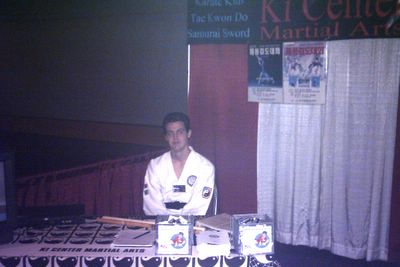Being a lunar rather than a solar calendar makes it somewhat difficult to convert between the modern Gregorian calendar (which was an updating by Pope Gregory XIII in 1582 of the Julian calendar created at the direction of the Roman Emperor Julius Caesar in 46 B.C.). The Chinese lunar calendar consists of a cycle of twelve alternating years named after animals - Rat, Ox, Tiger, Hare (rabbit), Dragon, Snake, Horse, Sheep (or goat), Monkey, Rooster, Dog, Pig (boar) – within a larger sixty year cycle. Where as the modern Western calendar uses the birth of Christ as its starting reference point and numbers years prior to the birth of Christ in ascending order backwards from his birth with the suffix B.C. for
The same historical forces which have made Christmas, a western holiday, known around the world are also responsible for the dispersal of the Chinese New Year celebration around the world. The fourteenth century publication of Marco Polo's account of his travels in China is generally credited with the western world's renewed interest in China and the Orient. Rising wealth in Europe brought about increased trade with the East. However, the fall of Constantinople to the Turks in 1453 cut off the main trade route to China from Europe forcing Europeans to seek a sea route to the Orient. Christopher Columbus stumbled into the New World in 1492 while trying to reach China and India by sea and Vasco de Gama successfully navigated to India in 1497 by sailing east around the tip of Africa.
The discovery of sea routes to Asia and of the New World brought about both a vast increase in trade as well as huge shifts in population. It is common knowledge that there was mass migration from Europe to the New World as well as to Australia, New Zealand and South Africa. Somewhere in the neighborhood of 50 million people left Europe to seek a better life economically and politically in the new lands. Most of these chose to make the move but some, such as petty criminals, were transported to these lands in lieu of imprisonment at home. Large numbers were also transported, involuntarily, from Africa to the New World as the rising demand for cheap labor and new trading arrangements transformed the regional African slave trade into a global trade. In addition to the movement of Europeans and Africans, another 50 million from China and India migrated to the New World as well as to European colonies in the Pacific, other parts of Asia and Africa. Like the Europeans, the Chinese and Indians were motivated by the desire to better themselves economically as well as by the desire for more freedom. While the Chinese and Indians were often mistreated and exploited in the new lands, sufficient numbers found life in the new lands better than back home and elected to stay, giving rise to large Chinese and Indian communities throughout the world.
Today, economic prosperity has resulted not only in economic growth in China and India but also in a large and prosperous overseas Chinese community. Chinese New Year celebrations are taking place world-wide today and the press is full of stories and reports of celebrations in practically every major city in the world.
Like Christmas, there is some variation in the New Year's traditions and customs practiced by Chinese in various parts of the world. Like traditions and customs in other areas, they evolve and change with time which does not make some people happy. An article in this morning's Reuters UK quotes a Professor Gao Youpeng of Henan University saying:
"It is being attacked by Western culture," Henan University Professor Gao Youpeng wrote this week in the official Guangming Daily, issuing what he called a "declaration to protect Spring Festival".
"More and more people, especially the young, have no time to consider the true meaning of the festival and prefer to celebrate the game-like revelry of Western holidays like Christmas and Valentine's Day," he wrote.
Substitute Christmas for New Year and Spring Festival in the article and it reads like similar articles last month quoting disgruntled western traditionalists. The world is changing and evolving. Economic growth and rising incomes do result in new ways to celebrate holidays. But people still have the option to not adopt new traditions. Just because my neighbor prefers Jingle Bell Rock to Silent Night doesn't mean that I have to give up Silent Night for Jingle Bell Rock. The beauty of the free market means that I can not only control what is done in my home (my private property) but also if I and others want to listen to Silent Night some enterprising merchant will see to it that we can buy it. So, if professor Youpeng wants to keep the traditions that he knew as a boy (and which may have been too modern and different compared to what his grandparents grew up with) more power to him! He is free to express his ideas and even go into business to promote and sell his traditional way of celebrating – he just can't use force to make others follow him.








